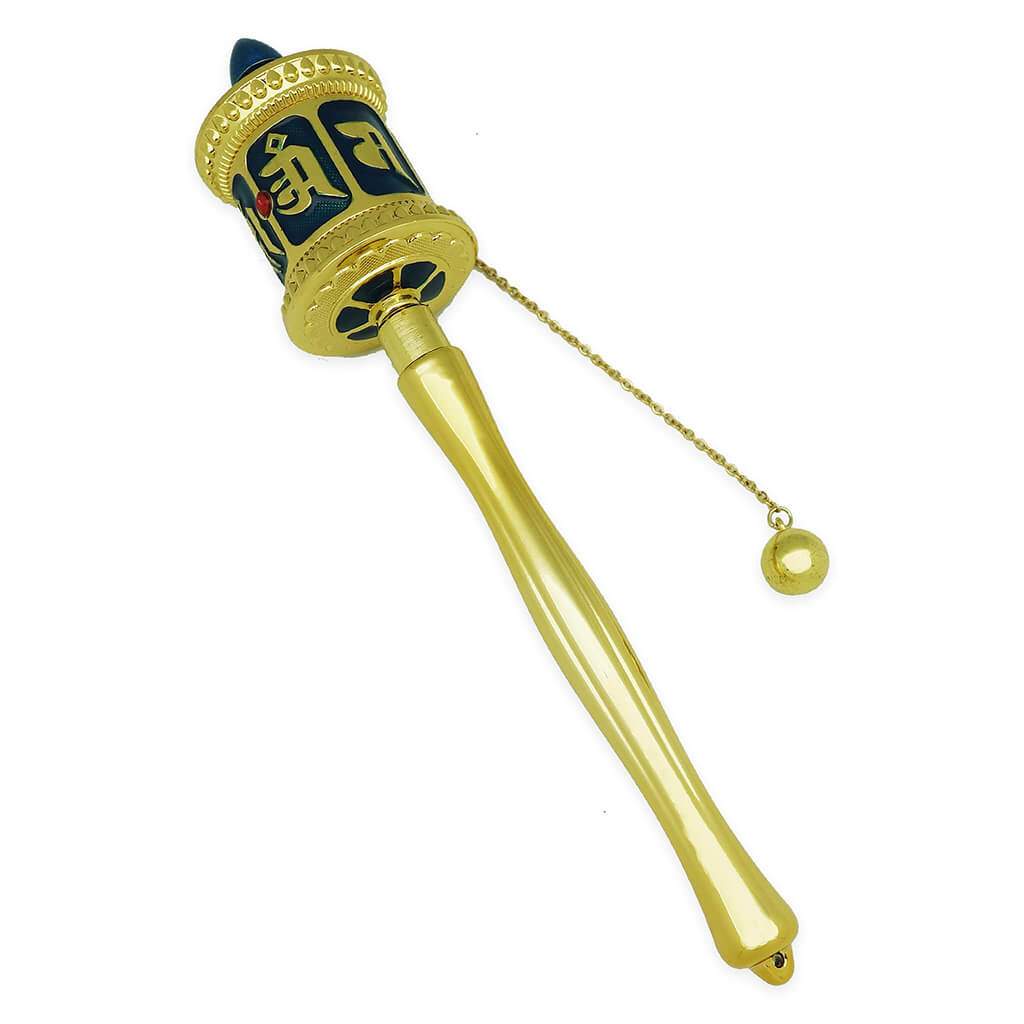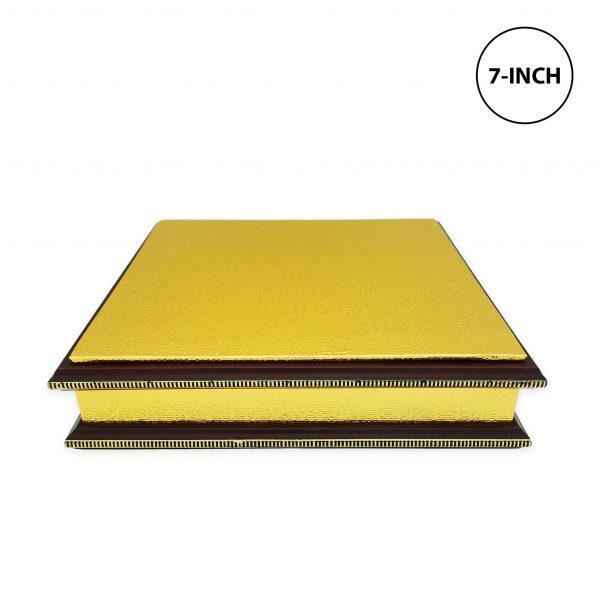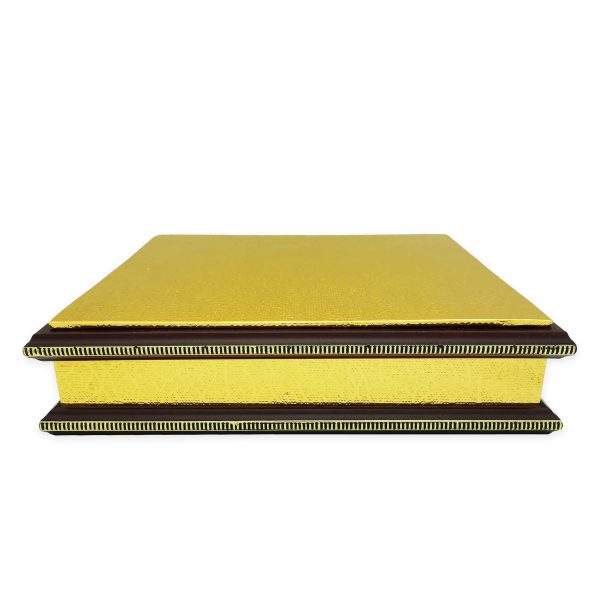Comes in a set of four pieces, these khatas are silky white scarfs printed with multicolored Eight Auspicious Objects. Originated in Tibet and spread to other Tibetan Buddhist countries such as Mongolia, Bhutan, Nepal, and some parts of Russia and India, a khata is a traditional ceremonial scarf. The khata symbolizes purity and compassion and are worn or presented with incense at many ceremonial occasions, including births, weddings, funerals, graduations, and arrival or departure of guests. The khata is also offered to Buddhas and Lamas. Tibetan khatas are usually white, symbolising the pure heart of the giver. Tibetan and Bhutanese khatas feature symbols of eight auspicious objects. Khatas are also often tied to ovoos, stupas, or special trees and rocks. In Tibetan traditions, offering a khata has its own significance and protocol and is governed by tradition. To present a Khata, you first fold it in half length-wise. This represents the interdependence of each other. Then when you offer the khata to a person, you offer the open edges facing the person you are giving; the folded section will be towards you, which represents your open pure heart, with no negative thoughts or motives in the offering.
Offering the Khata
For Buddhas, holy sites, honored lamas, teachers, dignitaries and elders, the khata is given with folded hands near your forehead, with a humble bow before them, with head bent over and palms joined in respect. You never put the Khata over their neck in this situation. In most cases the giver will receive his or her Khata back from the given, as a token of blessing back to them, especially when you visit high lamas. It is custom to put Khatas over statues of Buddhas, thangkas and pictures of reincarnated Rinpoches. A Khata offered to high Lamas and received back will be cherished and preciously kept as it is now a very special blessing, a talisman and protector. It is usually not recycled.
At many ceremonial occassions, including births, weddings, funerals and graduations you can offer khatas around the neck of recipients provided they are not from the first category, or lay it over the body, in the case of someone who is deceased.











